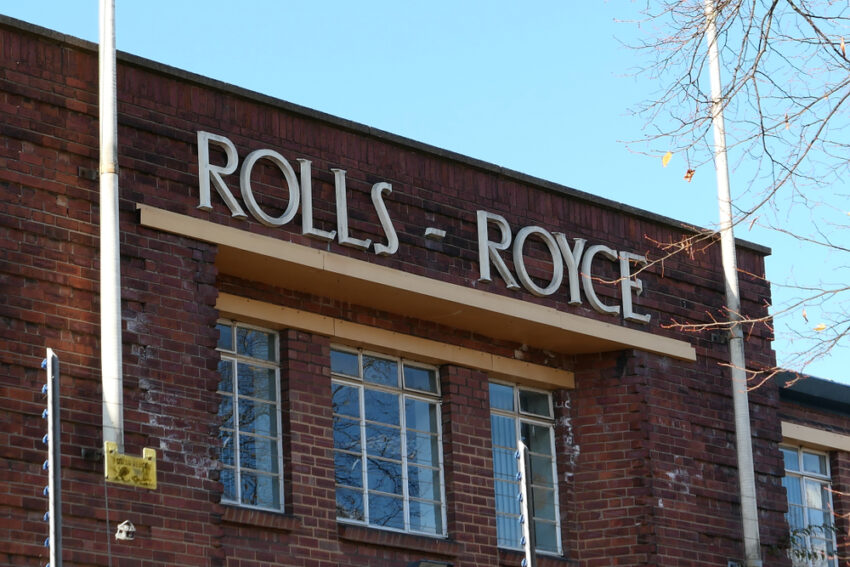A strategically important British manufacturer, on the verge, endanger thousands of jobs, and a government is reluctant to intervene. It may look like the story of British Steel in 2025-but more than fifty years ago, the same story was played with another great British name: Rolls-Royce.
In the early 1970s, the luxury car and aerospace firm – then one of Britain's largest employers – was facing financial collapse, due to the cost overran on the RB211 engine contract with a large -scale US aerospace firm lockheed. Despite knowing that the project and budget of the project was unrealistic, the company was encouraged by the then Technology Minister Tony Ben.
In early 1971, the original estimates with development cost doubled and dry the government's support, Rolls-Royce entered the receivership. Under Edward Heath, the conservative government was forced to work in the office only months and ideologically against the state intervention. This nationalized the company's engine -making part to prevent the collapse of the business required for protecting, export and reputation of the UK.
The newspapers of the time praised the practicality of the government: “A new government has not been bloodted until it has been discovered that national interest is more important than its political priority or reputation.”
This feeling comes true again today, as the government of Sir Kir Stmper takes emergency action to keep the British Steel's Scanthorpe plant operational. But if the minister is looking for an example that shows that nationalization can work-if done with discipline and strategic foresight-they can also make it worse than studying Rolls-Royce Playbook.
Heath's rescue was not a principle. Rolls-Royce (1971) was structured as a private company, falling down and deployed for re-predicted. As Heath later reflected in her memoirs:
“The government's actions had saved a large wave of excesses, protected our rescue and international interests, and placed the company on a safe long -term position.”
Even an unexpected colleague -president Nixon came to support. Concerned with the implications for the global supply chain, he persuaded the US Congress to refinance the lockheed contract, which recognizes the importance of preserving the Anglo-American industrial cooperation.
An important part of the turnout was the return of the legendary engineer Sir Stanley Hooker, who revived the distressed RB211 engine project. Can the newly appointed interim officers Alan Bell and Lisa Callson repeat such feats in British Steel.
Of course, similarities are limitations. In 1971, Rolls-Royce was a technical leader and a prominent defense supplier. Conversely, British steel, years of under -prestige, volatile commodity pricing, and crippled energy costs have been plagued by years – now accumulated by President Trump's aggressive tariff on imported steel.
But the main question is the same: When a strategically important industry is in freefol, can a target form of nationalization be stable and eventually renew it?
Reasons for being cautious. The Trade and Trade Department, which is now working with the oversight, has a recent track record in management of nationalized assets beyond the small Sheffield Forgemasters acquired in 2021 to protect the Navy supply chains. British steel is a more complex venture – large, expensive, and more politically sensitive.
The cost of energy remains one of the prickly issues. Until the government addresses the disadvantage of systemic pricing faced by the UK's heavy industry than its European and global peers, no rescue risk is slightly higher than short -term fix.
Nevertheless, this decision is more than the future ride of British Steel. Calls are growing vigorously for other unsuccessful utilities – most especially Tems water – is brought into public ownership. If the British steel intervention stumbles, the case for widespread strategic nations may be irreplaceable.
The story of Rolls-Royce reminds us that nationalization does not require a dead end. A clear structure, with efficient leadership and international cooperation, a failed company can be rotated around. The lesson for the government of the stormer is that the success of such interventions is not on the ideology, but on execution.
